Coinbase seeks clarity on SEC’s authority, arguing digital asset trades on its platform fall outside federal securities laws.
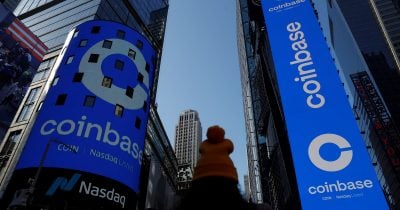
Photo: Shannon Stapleton
Key Takeaways
- Coinbase petitioned the Second Circuit to declare digital token trades on its platform are not governed by federal securities law.
- The decision could impact SEC enforcement actions and reshape the regulatory landscape for digital assets in the US.
Coinbase has requested the US Court of Appeals for the Second Circuit to rule that digital token trades on its platform fall outside the scope of federal securities law.
The company positioned the case, reported by Bloomberg Law, as crucial for resolving regulatory uncertainty in the crypto industry.
“There is no more pressing issue in securities law today than the scope of the Securities and Exchange Commission’s authority to regulate secondary trades of digital assets,” Coinbase stated in its January 21 petition.
The company contends that trades on its platform constitute asset sales rather than investment contracts, arguing that anonymous parties exchange tokens without creating obligations beyond the immediate transaction.
This interpretation challenges the application of the Howey test, a 1946 standard for identifying investment contracts.
The petition follows the US District Court for the Southern District of New York’s approval of an interlocutory appeal.
Judge Katherine Polk Failla characterized the Howey question as a “difficult issue of first impression” for the Second Circuit.
The SEC filed a lawsuit against Coinbase in June 2023, alleging the company operated as an unregistered securities exchange, broker, and clearing agency.
While the district court initially denied Coinbase’s motion to dismiss, finding the SEC’s argument “plausible,” the judge later referred the question to a higher court, citing “conflicting decisions on important legal issues.”
The US Chamber of Commerce and the Blockchain Association have submitted amicus briefs supporting Coinbase’s position.
Paul Grewal, Coinbase’s Chief Legal Officer, called for the Second Circuit to provide “urgently needed guidance” on the matter.
Disclaimer
 9 months ago
57
9 months ago
57
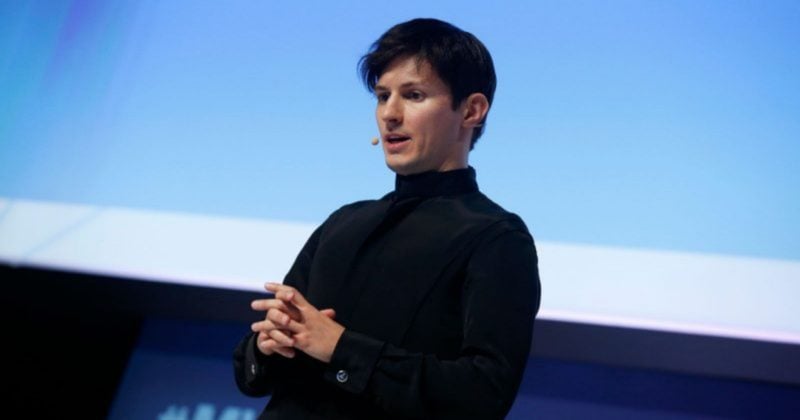
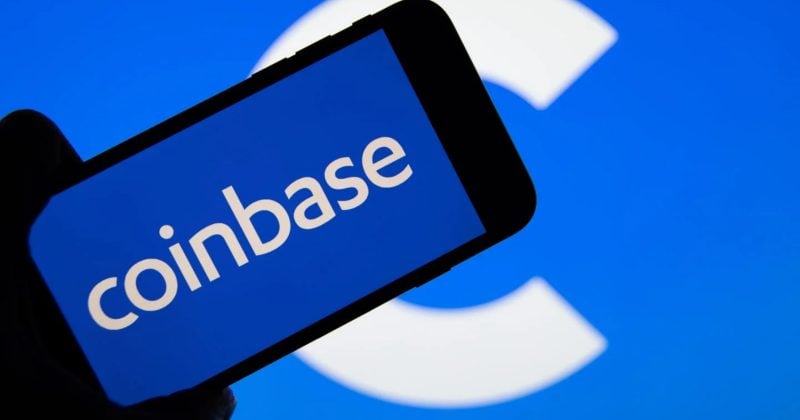
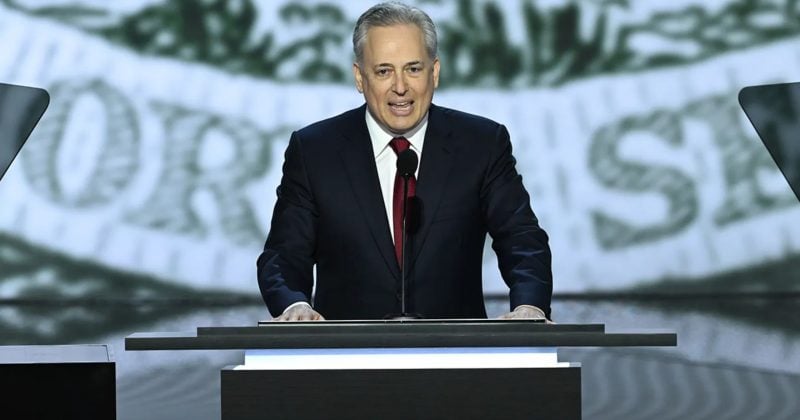
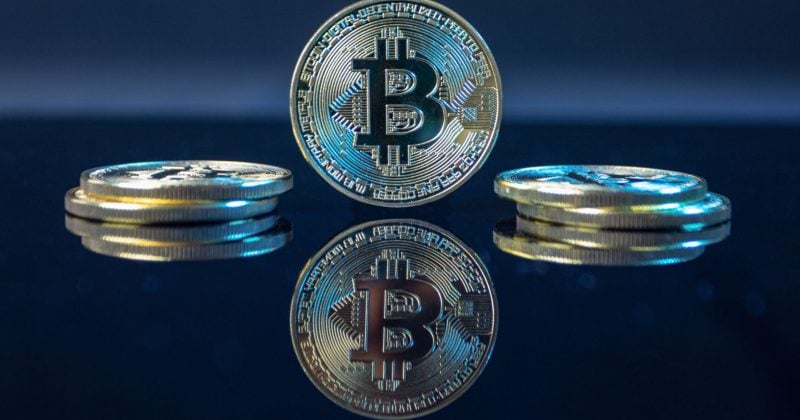
 English (US) ·
English (US) ·